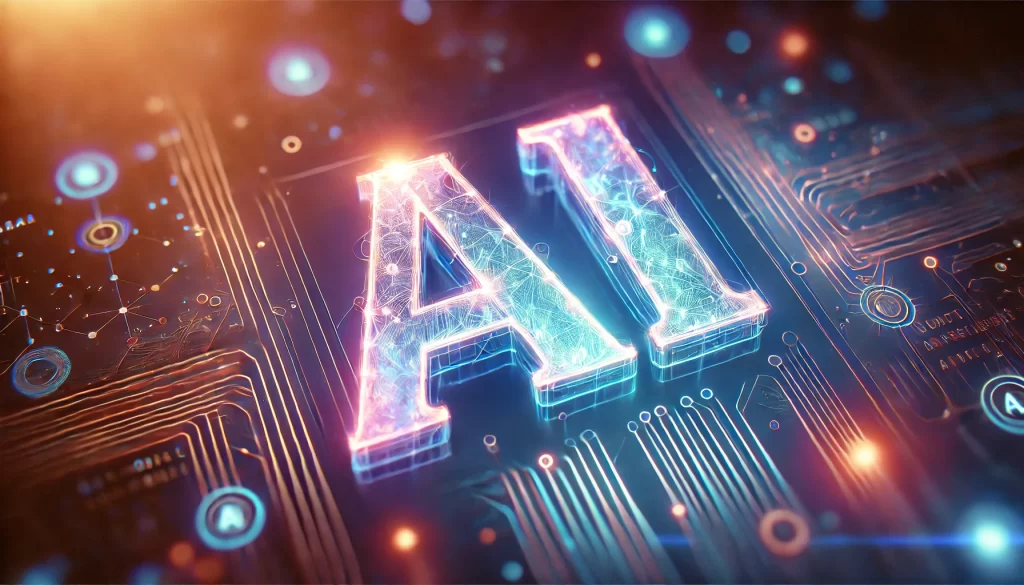Search engine optimization (SEO) has always been a dynamic field, but the rise of AI-generated content has brought new challenges and opportunities. With search engines evolving to prioritize high-quality, natural-sounding content, the demand for humanized AI writing is greater than ever. The question is—how does humanizing AI impact SEO, and is it the key to better search rankings?
The SEO Shift: From AI-Generated to Humanized Content
AI-driven tools have made content creation faster and more efficient. However, raw AI-generated text often lacks personality, depth, and a natural flow. Search engines like Google are constantly updating their algorithms to detect and rank content that is engaging, authentic, and valuable to users.
If AI-generated content is too robotic or lacks originality, it risks being flagged by AI detectors or ranked lower due to poor user experience. This is why humanizing AI content is becoming essential for SEO success.
Why Humanizing AI Matters for SEO
1. Avoiding AI Detection Penalties
Search engines and AI detectors can recognize AI-generated content patterns. If content appears too formulaic or lacks human elements, it may be devalued. Using AI to humanize text helps create content that reads naturally, making it less likely to be penalized.
2. Enhancing User Engagement
Bounce rates and dwell time significantly impact SEO rankings. If users find content engaging, they stay on the page longer. Humanizing AI writing by adding a conversational tone, storytelling, and emotions increases reader retention and improves SEO.
3. Boosting Content Authenticity and Trust
Users and search engines prefer content that feels genuine. AI-generated content can sound repetitive or impersonal, while humanized AI content includes:
- Personal anecdotes
- Industry insights
- Emotionally resonant storytelling These elements build credibility and encourage users to share content, further boosting SEO.
4. Improving Readability and Natural Flow
Search algorithms analyze readability and content structure. Humanize AI text by:
- Breaking long sentences into shorter, readable ones.
- Using varied sentence structures.
- Eliminating redundancy and robotic phrasing. Better readability means better user experience, leading to improved search rankings.
5. Aligning with Google’s Helpful Content Update
Google’s updates now emphasize helpful, high-quality content written for humans. AI-generated content that lacks depth or insight is likely to rank lower. Humanizing AI content ensures compliance with Google’s ranking factors.
Strategies to Humanize AI Content for SEO
1. Combine AI and Human Input
While AI tools generate the foundation of content, human writers should refine, enhance, and inject personality into it. This blend ensures efficiency without sacrificing quality.
2. Use AI Detector Humanization Techniques
To ensure AI-generated text reads naturally, employ AI detector humanize strategies such as:
- Paraphrasing rigid AI sentences.
- Adding unique, human-like phrases.
- Removing overly structured AI patterns.
3. Focus on Conversational and Engaging Writing
Content that feels natural performs better in search rankings. Improve AI-written text by:
- Asking rhetorical questions.
- Using contractions and casual language.
- Including humor and relatability.
4. Optimize for Search Intent
SEO isn’t just about keywords—it’s about meeting user intent. To humanize AI content effectively:
- Analyze what users are searching for.
- Answer questions directly and concisely.
- Provide in-depth insights beyond basic AI outputs.
5. Enhance Personalization and Emotional Appeal
Readers connect with content that speaks to them personally. AI-generated text often lacks emotional depth, so:
- Address readers directly (e.g., “You might be wondering…”).
- Include real-world applications and relatable examples.
- Use storytelling to make information more engaging.
6. Ensure Originality and Uniqueness
AI can generate similar content across multiple sources, which can lead to duplication. To avoid this:
- Inject personal opinions or expert insights.
- Reframe information with a fresh perspective.
- Use AI tools to assist, but not replace, human creativity.
The Future: AI and SEO Working Together
The future of SEO isn’t just about AI writing—it’s about humanized AI writing. As AI technology advances, businesses and content creators must adapt by refining AI-generated text to make it indistinguishable from human-written content.
Key Takeaways for the Future of SEO:
- Search engines will continue prioritizing authentic, engaging content.
- AI detection algorithms will improve, making humanization even more critical.
- Businesses using AI must focus on refining content to match human writing.
- SEO success will rely on blending AI efficiency with human creativity.
- The best-performing content will be a result of AI-powered research and human-driven refinement.
Conclusion
Is humanized AI the future of SEO? Absolutely. As search engines evolve, humanized AI content will dominate rankings by offering authenticity, engagement, and trustworthiness. Marketers and businesses that humanize AI writing effectively will gain a competitive edge in the ever-changing SEO landscape. The key lies in blending AI efficiency with human creativity, ensuring that AI-generated content feels truly human, valuable, and SEO-friendly.
read more: https://theguestblogs.com/




